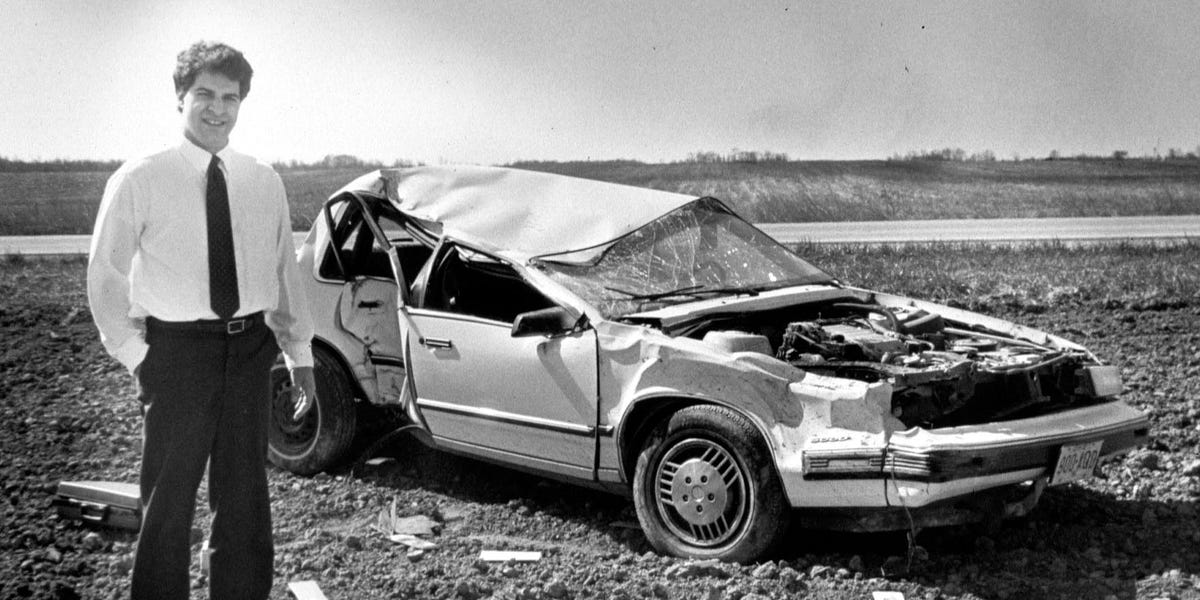The paper you just read could never be published in a scientific journal. The studies themselves are just as good as the ones Ethan and I have published in
fancyjournals, but writing about science this way is verboten.
For instance, in a journal you’re not allowed to say things like “we don’t know why this happens.” You’re not allowed to admit that...
See more
